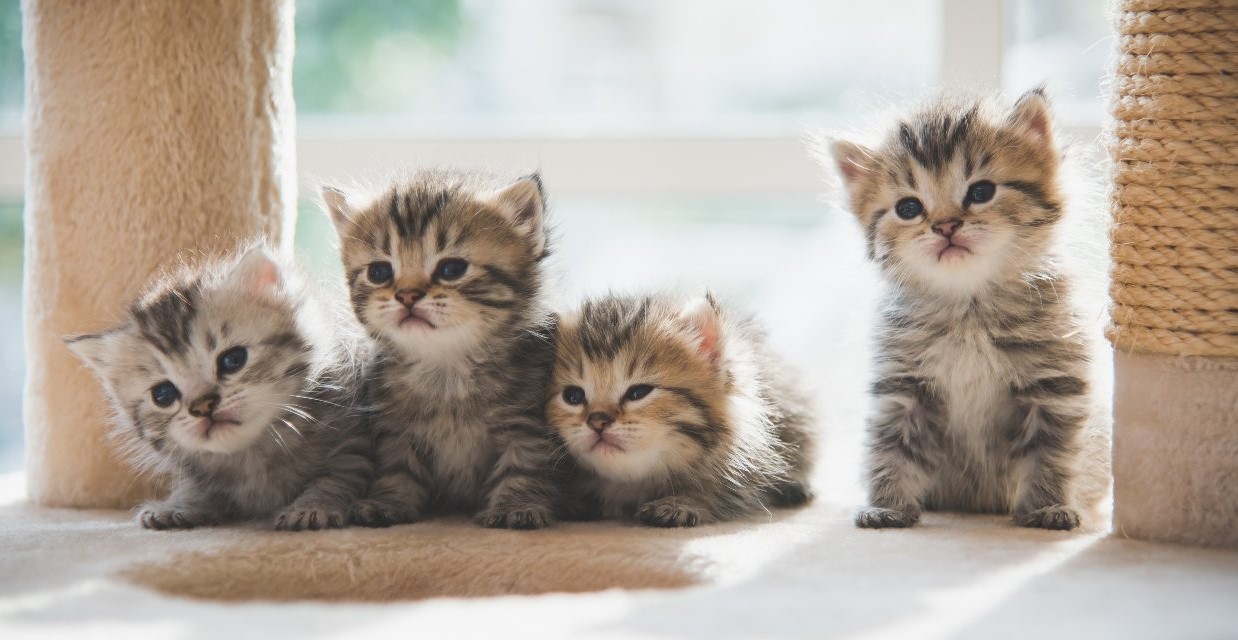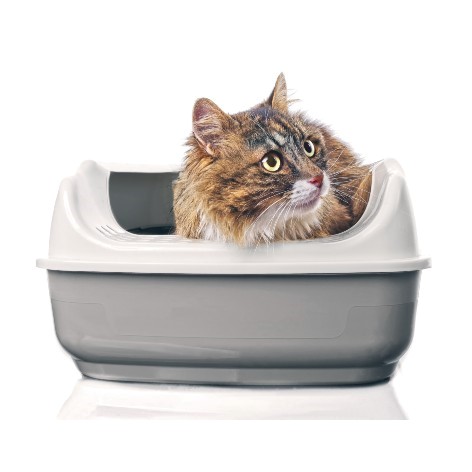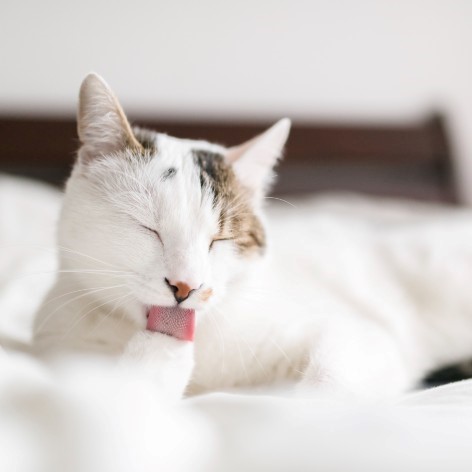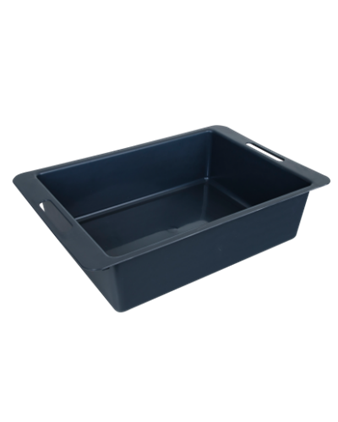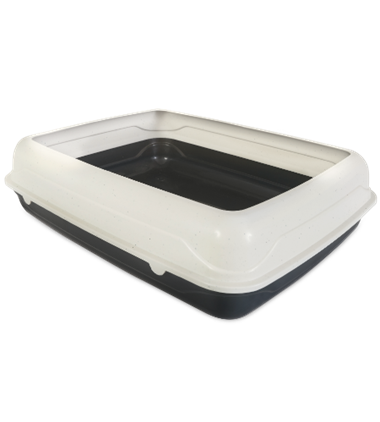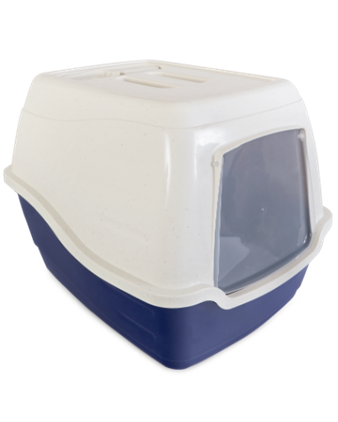Congratulations on your new kitten!
While your new kitten settles in to your home, it is important to ensure that they are vaccinated and therefore protected from infectious diseases, particularly in this early, vulnerable stage of life.
How many vaccinations do kittens need?
Vaccination guidelines vary in animal shelters and between different regions of New Zealand. The protocol may also vary depending on the specific brand of vaccine that your vet stocks. Below is the kitten vaccination schedule that I use to ensure that kittens are protected right up until adulthood.
1st Kitten Vaccinations: 6-8 Weeks Old
Your kitten vaccination schedule starts with a 3-in-1 known as an F3, which covers the following life-threatening diseases:
- Parvovirus
- Herpesvirus
- Calicivirus
Many kittens will have already had their first kitten vaccination before you bring them home, so check with your breeder or rescue centre and ensure you have a vaccination certificate that confirms the date of this vaccination and when the next is due.
The F3 is a core vaccine, which means it is recommended for all kittens, regardless of whether they are going to be an indoor-only or indoor-outdoor cat.
2nd Kitten Vaccinations: 10-12 Weeks Old
The second kitten vaccinations consist of a second dose of the 3-in-1 F3 vaccine:
- Parvovirus
- Herpesvirus
- Calicivirus
It is recommended that the second kitten vaccinations are administered by your vet approximately 4 weeks after the 1st F3 has been given.
At this appointment, depending on your geographical location and circumstances, your vet may recommend coverage for another infectious disease, called Feline Leukaemia Virus or FeLV. The FeLV vaccine requires 2 doses approximately 4 weeks apart.
3rd Kitten Vaccination: 16-18 Weeks Old
The final kitten vaccinations are a repeat of the 3-in-1 F3 vaccine:
- Parvovirus
- Herpesvirus
- Calicivirus
The final kitten vaccinations take place at a minimum age of 16 weeks because prior to this age, maternal antibodies, acquired when the kitten was feeding from their mother, may still be circulating in your kitten’s blood stream and these can interfere with the way the vaccine works.
Feline Leukaemia Virus (FeLV)
FeLV is a serious infection that can lead to fatal cancers in young cats. Transmission usually occurs through saliva from infected cats. The FeLV vaccine is a non-core vaccine, which means that it is only recommended in certain circumstances where the risk of contracting the infection is increased.
Feline Immunodeficiency Virus (FIV)
FIV vaccination may also be recommended by your veterinarian depending on your geographical location and whether your cat is going to be an indoor-only cat.
FIV is primarily caught through fighting behaviour, so is not required for an indoor-only cat, unless you also own an FIV-positive cat and want to reduce the chance of transmission to the negative cat.
When considering this non-core vaccine, it is sensible to confirm that your cat is FIV-negative prior to vaccinating, with a simple blood test.
Kitten Health Check
Each time your kitten receives their vaccine, your vet will perform a clinical examination and this will give you the opportunity to ask questions about your kitten’s general health, including the importance of high-quality nutrition during your kitten’s rapid growth phase.
If you do choose to allow your kitten to venture outdoors, it is vital that you wait until they have been desexed, to prevent any ‘mishaps’ and unwanted pregnancies.
It is much safer to provide your kitten with an outdoor enclosure where they can venture outside, but with limits on where they can go.
Once you've completed your kitten's vaccine schedule over 12 months, your veterinarian will usually recommend a booster approximately 12 months after the final kitten vaccination was given. From then on, an annual health check is recommended and recommendations for future vaccinations will be discussed with your vet.
References:
1. Hosie MJ, Addie DD, Boucraut-Baralon C, et al. Matrix vaccination guidelines: ABCD recommendations for indoor/outdoor cats, rescue shelter cats and breeding catteries. J Feline Med Surg. 2015;17:583-7.
2. Day MJ. Feline Vaccination Guidelines. World Small Animal Veterinary Association Congress Proceedings; 2014.
3. Westman ME, Malik R, Harris M , Norris JM. The protective rate of the feline immunodeficiency virus vaccine: An Australian field study. Vaccine. 2016 Sep 7;34:4752-4758.


